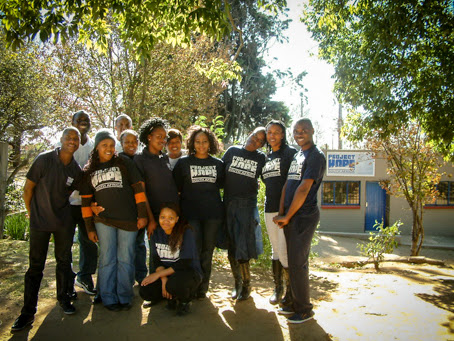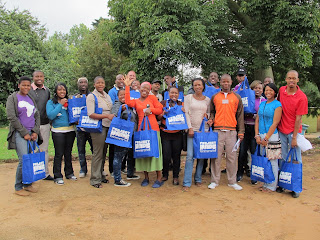 |
| The Conference Participants |
I was privileged to attend the first Healthcare in Africa summit organised by the Economist in Cape Town in March. Leaders from across the healthcare field gathered together at the Cape Town Convention Centre for two days of interesting discussions looking at the many challenges that healthcare in Africa faces today.
The first day was spent discussing how Zambia and South Africa are changing the way healthcare is delivered on the continent through the development and implementation of a National Health Insurance system to help reduce inequities in the system. The highlight was listening to the Ministers of Health from Zambia Joseph Kasonde and Aaron Motsoaledi from South Africa. These policy makers were then challenged by stakeholder representatives.
Day two looked at some of the practical challenges that healthcare systems on the continent face like the role of both the public and private sectors in healthcare delivery, what the best investment in public health infrastructure is and what the role can civil society play. We had interesting presentations from the President of Save the Children, the International President of Medecins Sans Frontieres and the CEO of Discovery.
Later in the day the issue of chronic diseases came up which was of particular interest to me. We talked about how to tackle the double burden of disease that is now emerging on the continent as people are living longer and diets and lifestyles are changing, using new technology where healthcare workers are few and how can we in Africa prevent these chronic diseases such as diabetes and obesity from becoming the problem that they are today in the developed world. We had an excellent presentation on this from the SVP of Global Health and Agriculture at PepsiCo, Derek Yach, and from the CEO of Discovery, Adrian Gore.
The take home message of the conference was that the need is great and that there needs to be engagement from all sectors of society if we are ever going to be able to provide a level of healthcare that we can be proud of to our citizens on the continent. Project HOPE is well placed through our work in Johannesburg and across the region to help with this great mission.
























